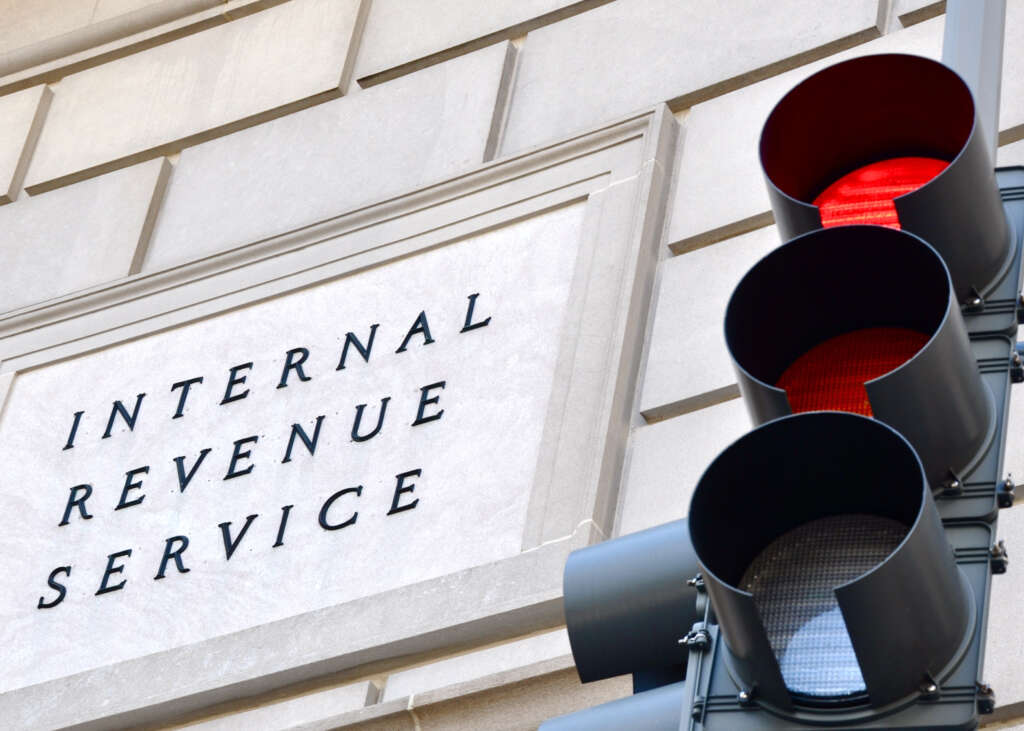TOKYO (AP) — Asian shares traded mixed Thursday as Tokyo’s benchmark plunged as the U.S. dollar sank against the yen.
Regional investors are also digesting the rally on Wall Street that came on hopes U.S. cuts to interest rates will be arriving soon.
A strong yen is a plus for Japan’s purchases but hurts the nation’s giant exporters like Toyota Motor Corp., by eroding the value of overseas profits.
Japan’s benchmark Nikkei 225 dipped 2.6% in morning trading to 38,094.24. Australia’s S&P/ASX 200 edged up 0.4% to 8,125.80. South Korea’s Kospi rose 0.5% to 2,785.56. Hong Kong’s Hang Seng slipped 0.3% to 17,285.66, while the Shanghai Composite lost 0.3% to 2,931.50.
In currency trading, the U.S. dollar fell to 149.61 Japanese yen from 149.92 yen. The euro cost $1.0831, little changed from $1.0830. The dollar had been trading at 160-yen levels several weeks ago. But that reversed course as anticipation grew for a Bank of Japan rate cut, which came Wednesday.
Toyota stock sank 5.3%, while Nintendo fell 3.5% and Sony 3.1%.
Analysts said indications from the Federal Reserve were that rate cuts were coming.
“A September cut is now priced in with certainty, and almost three cuts are priced in by the year-end,” said Robert Carnell, regional head of research Asia-Pacific at ING Economics.
On Wall Street, the S&P 500 jumped 1.6% for its best day since February. The Dow Jones Industrial Average rose 99 points, or 0.2%, and the Nasdaq composite soared 2.6%.
The widespread gains came as Treasury yields eased in the bond market after the Federal Reserve gave the clearest indication yet that it could begin lowering interest rates in September. Fed Chair Jerome Powell said policy makers are “getting closer to the point” of comfort about inflation where they could cut rates for the first time since COVID-19 crashed the economy.
“We think that the time is approaching,” Powell said. “And if we do get the data that we hope we get, then a reduction in our policy rate could be on the table at the September meeting.”
After the Fed voted to keep interest rates steady on Wednesday, as was widely expected, Powell spent much of an ensuing press conference discussing the risks of both moving too early or too late with rate cuts. One could allow inflation to reaccelerate, while the other could cause unnecessary pain for the economy and ultimately throw Americans out of their jobs.
After keeping its main interest rate at a two-decade high for roughly a year, speculation may rise that the Fed waited too long. That “has the potential to add to the stock market’s choppiness as we head toward what is historically its most volatile period,” said Chris Larkin, managing director of trading and investing at E-Trade from Morgan Stanley.
For Wednesday, though, the dominant mood on Wall Street was jubilance.
Advanced Micro Devices rallied 4.4% after reporting better profit and revenue for the latest quarter than analysts expected, thanks in part to accelerating artificial-intelligence business. That helped drive Nvidia, the chip company that’s become the poster child for Wall Street’s frenzy around AI, up 12.9% a day after it lost 7%.
How such Big Tech stocks perform matters a lot because they’re Wall Street’s most valuable companies, and that gives them the biggest sway on the S&P 500. A handful of these stocks, known as the “Magnificent Seven,” drove the U.S. stock market to dozens of records this year, even as many other stocks struggled under the weight of high interest rates. But they ran out of momentum this month amid criticism they had gotten too expensive and expectations had run too high.
Such criticism hasn’t gone away, and Microsoft fell 1.1% despite reporting profit and revenue for the latest quarter that edged past analysts’ expectations. Growth in its Azure cloud-computing business fell a bit shy of analysts’ forecasts. That followed earlier profit reports from Tesla and Alphabet that investors found underwhelming, which raised concerns that other Magnificent Seven stocks could also fail to impress.
Meta Platforms rose 2.5% as investors waited for its profit report, which arrived after trading closed for Wednesday. Amazon and Apple will follow on Thursday, and each rose at least 1.5%.
Stronger-than-expected profit reports from companies outside the Magnificent Seven also helped lift the market.
Match Group jumped 13.2% after saying its user trends for Tinder are stabilizing and reporting results for the latest quarter that roughly matched analysts’ expectations.
DuPont rose 4.1% after delivering better profit and revenue than expected, thanks in part to a recovery for the electronics business, and the chemical giant raised its financial forecasts for the full year.
They helped offset a 3% drop for Altria Group after the maker of cigarettes and smoke-free products fell short of expectations for profit and revenue in its latest quarter.
All told, the S&P 500 rose 85.86 points to 5,522.30. The Dow gained 99.46 to 40,842.79, and the Nasdaq composite jumped 451.98 to 17,599.40.
In the bond market, the yield on the 10-year Treasury eased to 4.05% from 4.14% late Tuesday. It’s been falling from 4.70% in April as a slowdown in inflation raised expectations for coming cuts to interest rates.
Yields fell in the morning after a report showed U.S. employers spent less in total pay and benefits for workers during the spring than economists expected. Another suggested hiring by employers outside the government was a touch weaker than expected.
While workers would surely like such numbers to be stronger, it could be the type of “Goldilocks” data that Wall Street is looking for: not so strong that it pushes upward on inflation but not so weak that it raises worries about a recession.
Some of Wednesday’s strongest action was in the oil market, where the price for a barrel of benchmark U.S. crude jumped about 4%. Hamas’s top political leader Ismail Haniyeh died in a predawn airstrike in the Iranian capital early Wednesday, Iran and the militant group said, blaming Israel for a shock assassination that could escalate conflict in the region and potential disrupt the flow of oil. There was no immediate comment from Israel.
Benchmark U.S. crude rose 52 cents to $78.43 a barrel. Brent crude, the international standard, added $2.09 to $80.72 a barrel.
___
AP Business Writer Stan Choe contributed.
Copyright © 2025 The Associated Press. All rights reserved. This material may not be published, broadcast, written or redistributed.













